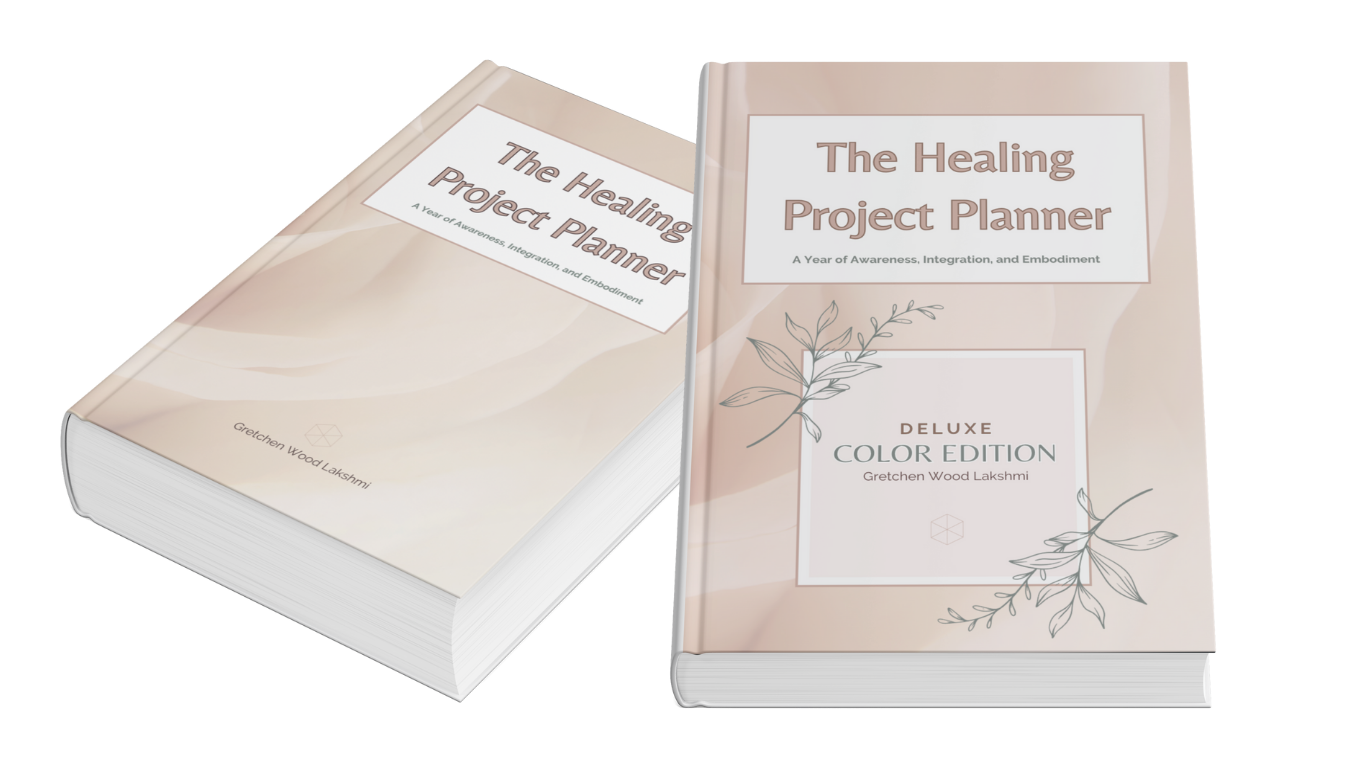The Fallout of Leaving an Abusive Relationship
How To Navigate Post-Separation Abuse
Leaving an abusive relationship is a courageous and life-altering decision, but it's only the beginning of a challenging journey towards healing and freedom. While escaping the immediate danger of abuse is essential, survivors often face many complex challenges in the aftermath of leaving. Today, we're shedding light on the fallout of leaving an abusive relationship and offering insights into navigating post-traumatic recovery.

Understand the Fallout
For many survivors, the period immediately following separation can become more dangerous and difficult to navigate than living with the routine, day-to-day abuse. Survivors may be concerned about their safety and the safety of their loved ones, especially if the abuser has threatened or shown signs of retaliation. Many survivors also face logistical hurdles like finding secure housing, financial stability, and legal protection. Despite these challenges, it's important for survivors to remember that they are not alone and that support and resources are available to help them navigate this difficult transition.
Learn About Our Award-Winning Survivor Support Resource: Underground Moves
Common Experiences
The aftermath of leaving an abusive relationship can be overwhelming and complicated. Survivors often find themselves dealing with a number of different challenges as they work to rebuild their lives. Financial instability is a common concern, as many survivors may have been financially dependent on their abuser or may have had their economic resources controlled during the relationship. This can make it difficult to secure housing, pay bills, and meet basic needs.
Additionally, survivors may face legal battles, including obtaining protection from abuse or restraining orders or pursuing custody arrangements, which can be emotionally and financially draining. Social isolation is another common experience, as survivors may have been isolated from friends and family by their abuser or may face stigma and judgment from others. The trauma of abuse can also take a toll on survivors' mental health, leading to symptoms of PTSD, depression, anxiety, and other psychological issues.

The Continuing Threat
One of the most significant challenges survivors face is the ongoing threat posed by their abuser.
Stalking,
threats, and
surveillance tactics are commonly used by abusers to maintain power and control over their victims, even after separation. Many survivors live in constant
fear of retaliation from their abuser, making it difficult to feel safe or secure. In some cases, abusers may escalate their behavior, putting survivors and their loved ones at further risk.
Specific examples of ongoing post-separation abuse could include:
- Persistent harassment, threats, or stalking by the abuser, both in person and through technology.
- Attempts by the abuser to manipulate or control the survivor, such as by spreading rumors or lies, undermining their credibility, or sabotaging their relationships or employment opportunities.
- Legal battles initiated by the abuser, such as custody disputes or false allegations designed to intimidate or harass the survivor.
- Financial abuse continues post-separation, with the abuser withholding financial resources, sabotaging the survivor's employment or housing prospects, or using financial leverage to exert control.
By shedding light on these experiences, we can provide validation and support to survivors who may be navigating similar challenges and empower them to seek help and resources as they continue on their journey to healing and freedom.
Seeking Support
If you or someone you know is experiencing or has experienced abuse, it's essential to seek support and resources - please, do not underestimate the importance of getting help. The National Domestic Violence Hotline (1-800-799-SAFE) provides confidential support, information, and resources for survivors of domestic violence. Additionally, websites like DomesticShelters.org offer comprehensive databases of local resources, including shelters, support groups, legal assistance, and counseling services.

Moving Forward
Recovering from the fallout of leaving an abusive relationship is a journey that requires patience, courage, and support. Healing takes time, and it's essential to prioritize self-care and self-compassion along the way. Surround yourself with trusted friends, family members, and professionals who can offer guidance and support as you navigate the challenges of post-traumatic recovery. Remember, you are not alone, and help is available.
Leaving an abusive relationship is a brave and empowering step towards reclaiming your life and your autonomy. While the journey may be difficult, know that you deserve safety, respect, and love. By seeking support, advocating for yourself, and taking one day at a time, you can begin to rebuild your life on your terms. You are stronger than you know, and brighter days lie ahead.
In solidarity and support,
Gretchen
SOMATIC TRAUMA SPECIALIST + ENERGETIC INTUITIVE









